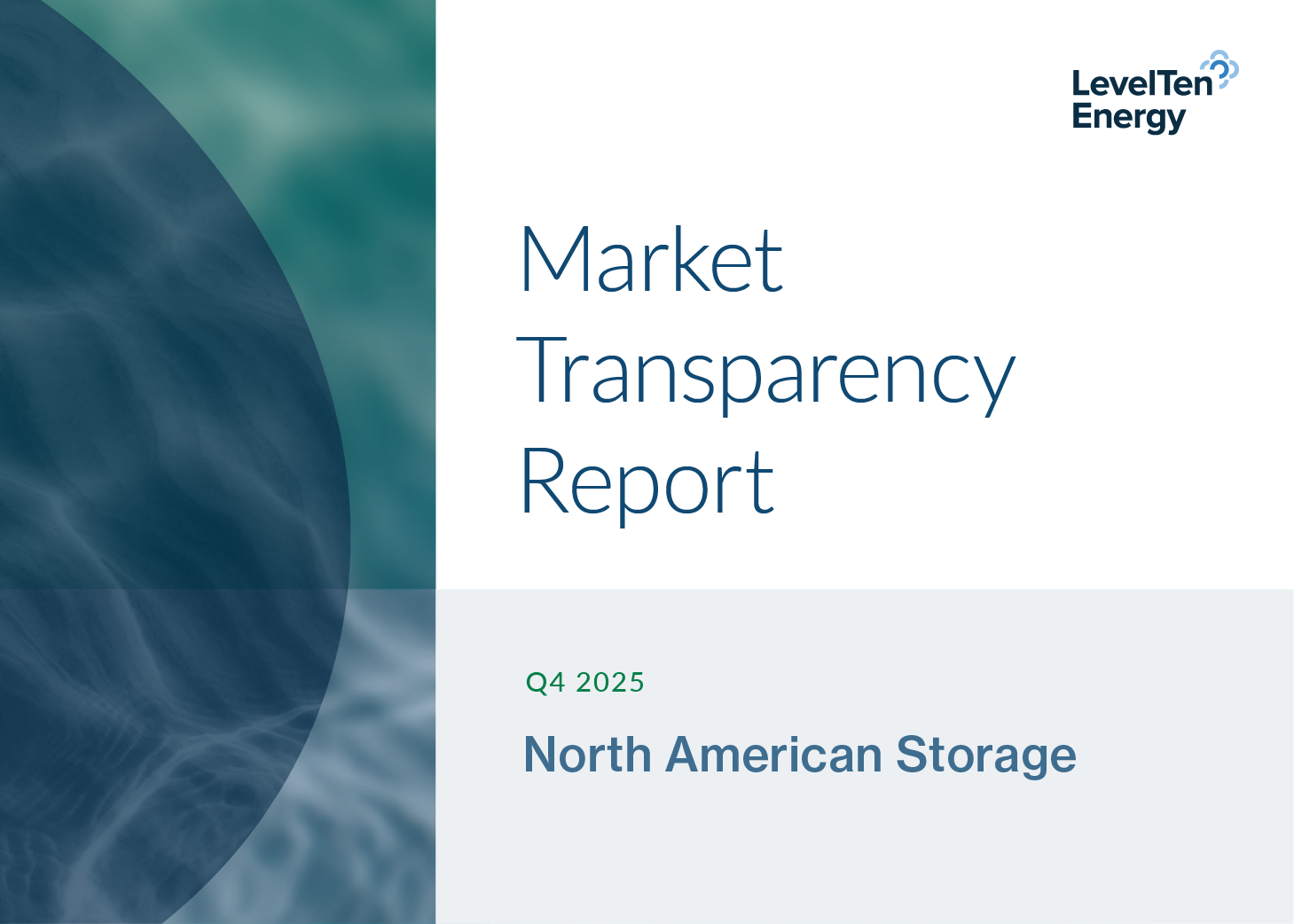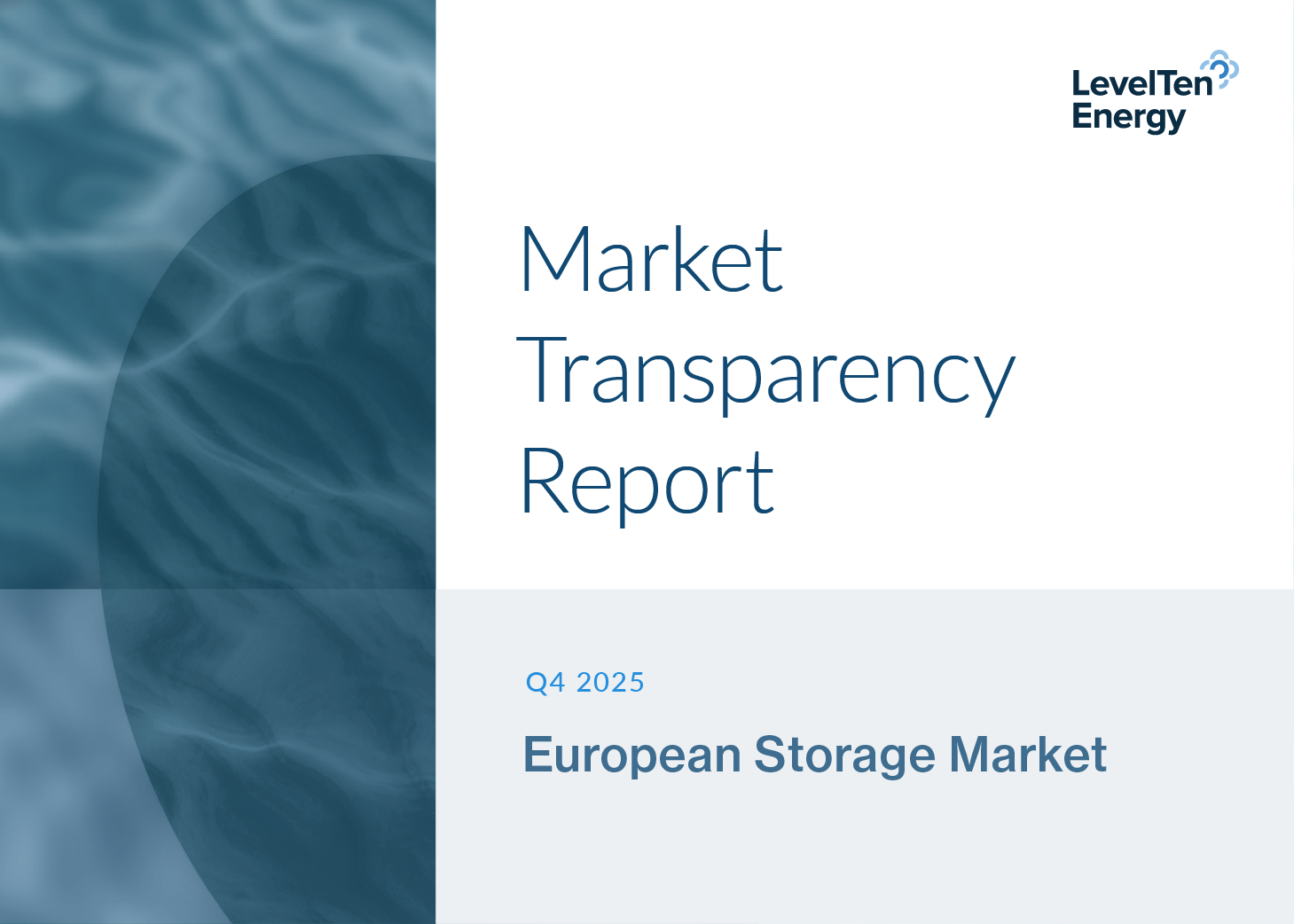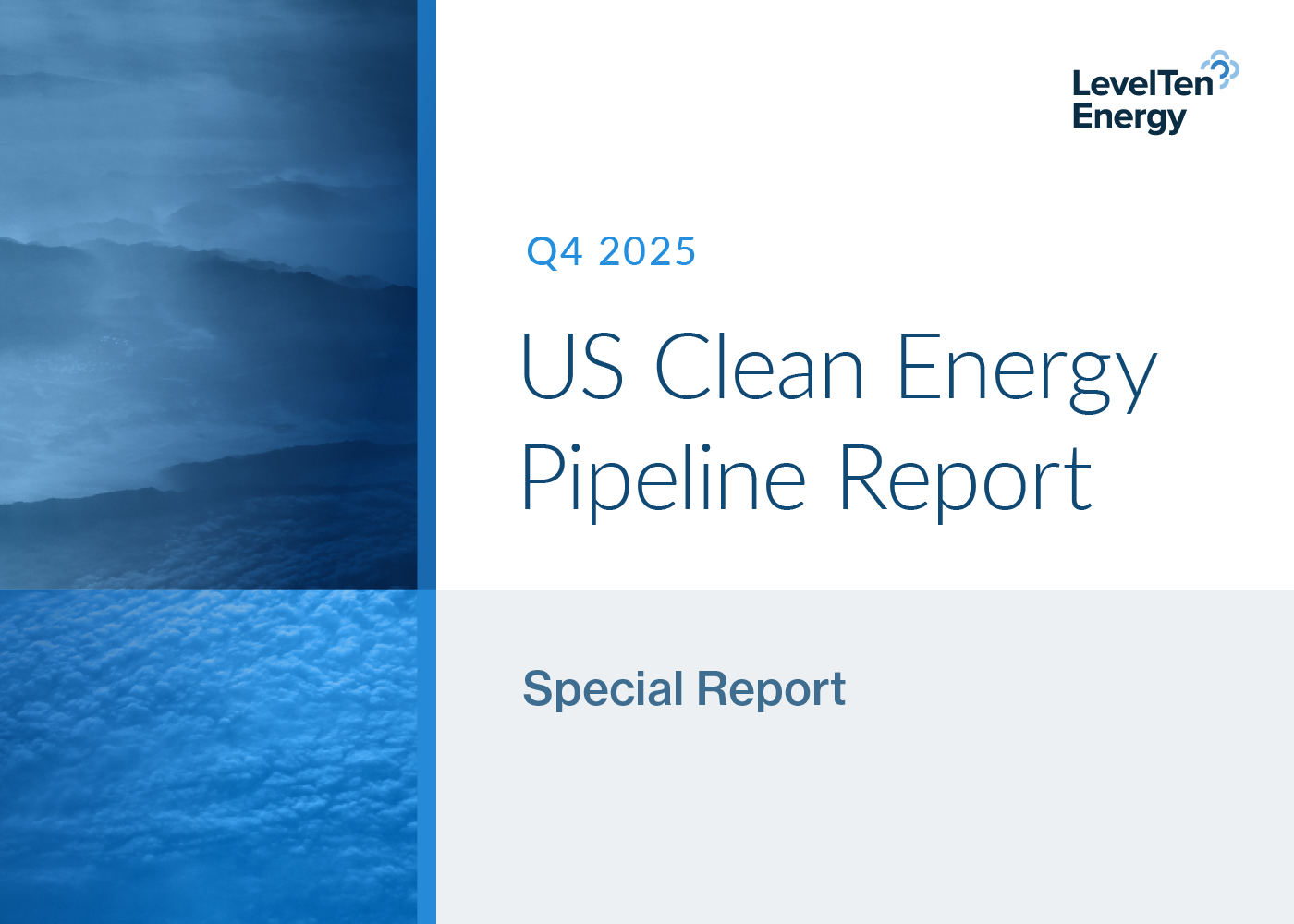Miranda Ballentine is the Chief Executive Officer at Renewable Energy Buyers Alliance (REBA), an alliance of large clean energy buyers, developers, and service providers who, together with NGO partners, are unlocking the marketplace for all non-residential energy buyers to lead a rapid transition to a cleaner, prosperous, zero-carbon energy future. In her role, Miranda leads REBA towards their goal of a resilient zero-carbon energy system where every organization has a viable, expedient, and cost-effective pathway to renewable energy.
2018 was a record-breaking year for corporate renewable procurement. What is motivating corporations to get involved now more than ever?
When I started working in corporate procurement of renewable energy back in 2007, there were only a handful of companies directly buying clean energy, and the contracting tools were largely non-existent. Fast forward to 2018, and almost 65% of renewable capacity was driven by large scale corporate procurement-it's remarkable, actually.
Large energy users-companies, cities, universities-are motivated first and foremost by a desire to reduce the climate impact of their energy use. Most also hope to manage volatility in their energy costs; energy is often the second largest controllable operating expense for large organizations. Most also believe it is in the best interest of their communities, stakeholders, and shareholders.
In the last five years, renewables and storage have plummeted in price and are competitive with fossil fuel in many regions today. Additionally, renewable technologies are no longer seen as risky investments - quite the opposite - established technologies are seen as commonsense practices that provide an opportunity to integrate resilience. Renewables make good business sense.
Also, through REBA and its members-especially companies like LevelTen, clean energy purchasing mechanisms are becoming de-mystified and more widely understood. High-profile, buyer-backed clean energy announcements, and peer-to-peer education, also increase companies' comfort in entering transactions.
What impact will the increased demand from businesses have on the energy industry?
Demand isn't limited to just business users of energy. The collective voice and actions of all large energy buyers are powerful and will move the market towards the development of more accessible clean energy pathways. Beyond the energy industry, the legislative, regulatory, and policy stakeholders listen when market actors move into local markets because with them comes the power to create jobs, contribute to economic growth, and support communities. As we see the large energy buyer base continue to grow, so too will the interventions that will allow for the democratization of clean energy.
REBA's goals are to catalyze 60 GW of new, buyer-backed renewables by 2025, and increase the number of organizations transacting from about 5,000 today to 50,000 in the future.
What are the biggest challenges that corporations currently face when it comes to corporate renewable energy procurement?
Despite plummeting prices, large energy buyers still face persistent and intractable barriers that we are working to address, including the lack of flexibility in regulatory environments and market structures, as well as internal business challenges. In short: policy, technology, and business barriers continue.
In some markets, energy buyers can't pick their energy provider or what kind of fuel their energy comes from. For organizations that are accustomed to competitively sourcing almost everything they buy, this fact can be very frustrating and stymies their ability to drive clean energy markets.
Likewise, the transition from energy "consumers" to energy "prosumers" (both producing and consuming power) is a challenge. There are system and technology issues on our energy grid-which was built for large, centralized plants that use fossil fuels-that impact the speed of adoption of certain kinds of renewables, like wind and solar, that may be more decentralized, smaller in scale, and more intermittent in their production.
REBA also helps our members address their own internal business inertia. Switching from paying a monthly electricity bill to contracting for many years of power from a specific power plant is a major shift in mindset and procurement tactics.
Why did the founding members of REBA feel the need to form an alliance?
REBA's journey began in 2013 when a dozen large energy buyers had a simple idea: large clean energy buyers should have one place to go for the resources necessary to achieving their clean energy goals. While several phenomenal trade associates existed for clean energy suppliers, none existed solely for the purpose of helping buyers accelerate and grow their impact.
At that stage, there were only a few companies transacting in clean energy markets and we just didn't have critical mass to launch a new association, so our efforts to move the market were collaborative and done in concert with our NGO partners (BSR, Rocky Mountain Institute, World Wildlife Fund, World Resources Institute).
By late 2017, about 200 energy buyers were participating in REBA's programs, and the founding members and NGOs decided a standalone organization with the sole purpose of addressing the needs of large energy buyers was necessary.
What major issues will the Alliance tackle first?
REBA takes a two-tiered approach to support its membership. I like to say REBA lifts the floor and breaks the ceiling.
To lift the floor, we accelerate and grow buyers' ability to transact in clean energy markets by ensuring the best ideas are understood and perpetuated through in-person and online published education, peer knowledge sharing, success story showcases, and emerging market insights.
To break the ceiling, we solve the toughest problems to unlock clean energy markets through new and visionary market structures, policy and regulatory breakthroughs, and technology acceleration.
We are also working with our more advanced members to provide clean energy procurement resources to their supply chain companies to dramatically expand the number of energy buyers in the market.
What emerging trends in climate change mitigation are most exciting at this time?
The REBA community identifies emerging trends at each of our member Summits. Some interesting shifts in the clean energy buyers' market include:
- A change in energy buyer priority from "100% Renewable Energy" to "24/7 Zero Carbon Energy." Energy buyers now see renewable energy as a means to an end, but not the end in and of itself.
- A change of focus from "new renewables" or "additionality" to "material impact." Buyers of clean energy now recognize that their buying power not only can drive new renewable energy development but can also play an important role in ensuring existing zero carbon energy systems are not retired too early. They're looking at existing hydro, re-powered wind and solar projects, and even nuclear plants as areas to leverage their buying power.
- Consideration of resilience and energy-continuity as a key feature in clean energy projects. More and more energy users are looking to replace their back-up power systems with cleaner options, and to leverage their renewable energy projects for backup in case of an outage.
What was your personal motivation for joining REBA as Chief Executive Officer?
I've been involved in the "buy-side" of clean energy for almost two decades, working with large institutional investors in the early 2000's to align their investments with lower carbon outcomes, then as Walmart's Global Sustainability Director for Renewable Energy and Sustainable Facilities, and most recently as the Assistant Secretary of the Air Force, where I was responsible for a $9B annual energy budget and helping the Federal Government's largest energy user to dramatically accelerate cleaner, more resilient solutions.
Through that experience, I've seen first-hand the enormous power (no pun intended) that buyers can have in transforming markets. Yes, command-and-control style regulations are one path to decarbonizing our economy. And, bottom-up, strong market forces are another powerful way to accelerate the zero-carbon future we all want.
I was also "there at the beginning" in 2013 when that small group of energy buyers first conceived of the idea of REBA, so in many ways, when I was asked to lead REBA as CEO, it was like coming home.






